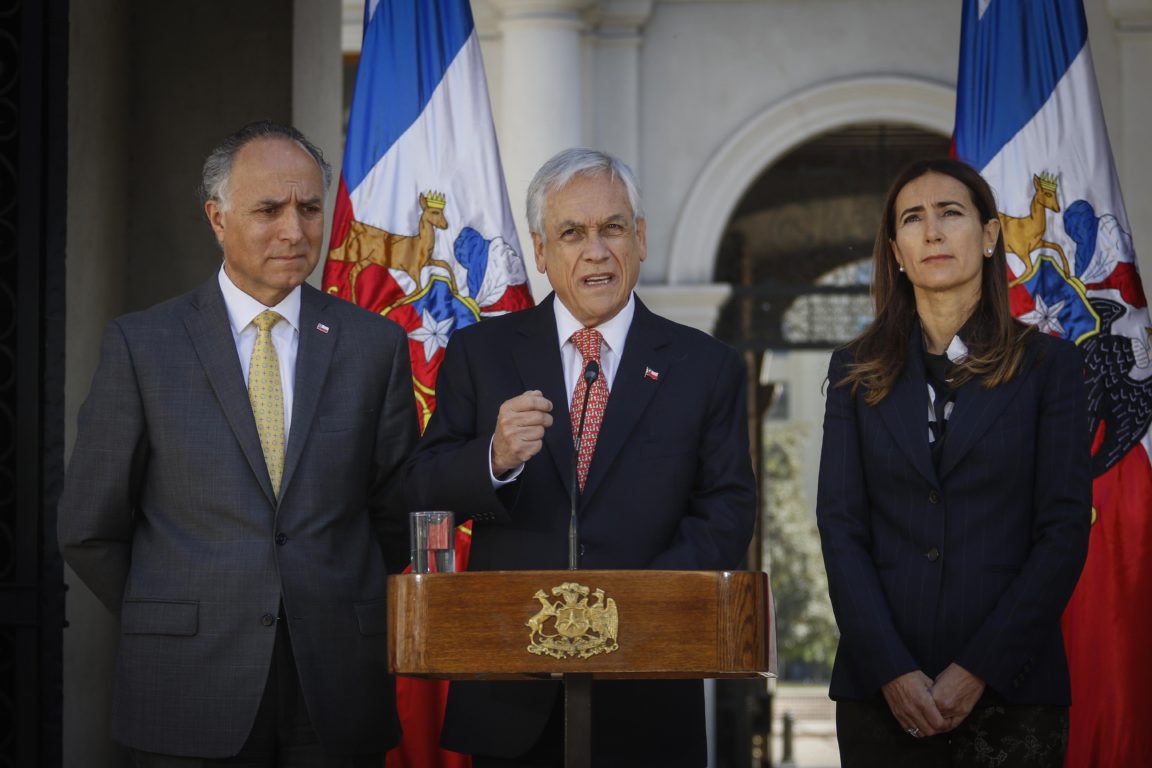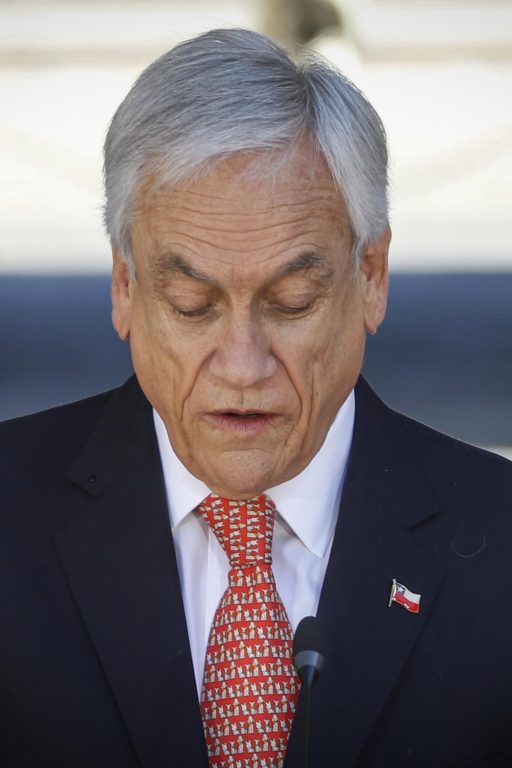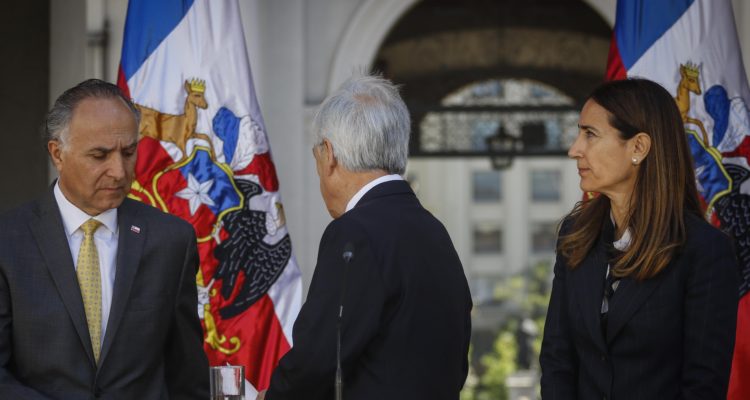President Sebastián Piñera announced Wednesday his decision to cancel the APEC summit (16-17 November) as well as the UN’s climate change conference (COP25, 2-13 December).
Both events were supposed to take place in Santiago, Chile’s capital, but the political and social crisis that has rocked the country since 18 October made that impossible.
“This decision has been very difficult to make but we have based this decision on common sense”, Piñera said in front of the press at La Moneda, the presidential palace.
“When a parent has problems they have to prioritise their family over other options. A President always has to put their people first”, he said.
“We are sorry for the issues this decision will cause (…) but as the President of all Chileans I must put the interests of the country first”, he added.
According to the head of State, 73% of Chilean exports end up in APEC territories, so this is not a forum “that was in the sole interest of leaders, but of all Chileans”.
Moreover, he estimated that over 40 thousand local businesses trade in the Asia-Pacific area and that they generate around 2.8 million jobs.
Regarding the environment, Piñera also said to be sorry that the country will not be able to host the COP25 meeting, but reminded that Chile has vowed to “take better care of the oceans” and that it is committed to become a “carbon-neutral nation by 2050”.

Crisis
For months, Piñera has registered low approval ratings, so the APEC and the climate change meeting seemed to be the perfect opportunity to shine alongside international leaders.
Nonetheless, Friday 18 October marked a turning point with the outburst of protests in Santiago, which later spread to the rest of the country with looting, arson attacks and violent clashes with the police.
To tackle violence Piñera decided to declare a State of Emergency and curfews that were finally imposed in 13 regions out of the 16 in the country.
The State of Emergency was lifted Monday, but it left a number of serious allegations of Human Rights violations by the Armed Forces and the Uniformed Armed Police, in charge of security under this mechanism.
The crisis, the worst since the transition to democracy (in 1989), brought the lowest approval rating for Piñera (14%).
Among the most pressing demands, Chileans ask for a new Constitution, to replace the current one, written and passed under Augusto Pinochet’s dictatorship, to lower Congress salaries and the end of politicians’ privileges.








 Enviando corrección, espere un momento...
Enviando corrección, espere un momento...





